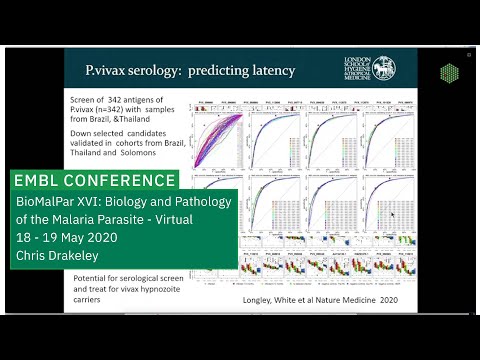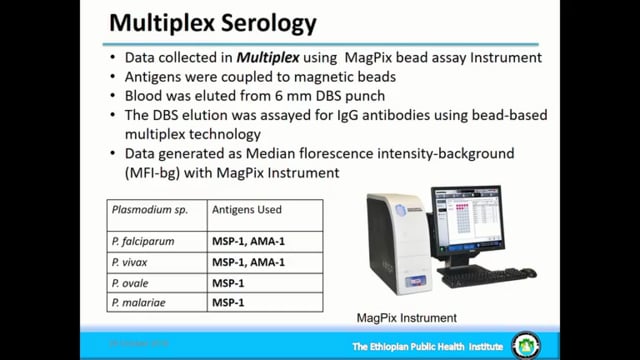Last Updated: 17/02/2025
Serological testing and treatment for P. vivax: from a cluster-randomised trial in Ethiopia and Madagascar to a mobile-technology supported intervention (PvSTATEM)
Objectives
The overall objective of PvSTATEM project is to implement a Cluster-Randomised Trial in Ethiopia and Madagascar to demonstrate the effectiveness of a new anti-malaria intervention based on Plasmodium vivax serological testing and treatment (PvSeroTAT) with primaquine to prevent the relapse infections responsible for maintaining P. vivax transmission.
The specific objectives are to:
- Assess the safety and efficacy of community-wide PvSeroTAT with primaquine.
- Evaluate community acceptability of PvSeroTAT.
- Innovate mobile technologies for efficient implementation of PvSeroTAT.
- Develop machine learning approaches for population-level malaria surveillance.
Institut Pasteur, France
Institut Pasteur of Madagascar (IPM), Madagascar
FIND, Switzerland
Armauer Hansen Research Institute (AHRI), Ethiopia
Walter and Eliza Hall Institute of Medical Research (WEHI), Australia
London School of Hygiene and Tropical Medicine (LSHTM), United Kingdom
University of Galway, Ireland
Medea S.R.L., Italy
Warsaw University of Technology (PW), Poland
Michael White
Chris Drakeley
Fitsum G Tadesse
Rindra Randremanana
P. vivax is considered the most difficult human malaria to eliminate because of the inability of conventional diagnostics to detect individuals with latent liver forms. These individuals account for 80% of all infections and can readily infect mosquitoes. Currently countries can test knowing this has little impact or and the treat everyone which exposes individuals to drugs with potentially dangerous side effects. Parasite specific antibody responses have been shown to correlate with the likelihood of hypnozoite carriage and can be used to identify individuals who should be treated. This project will also assess social and health system acceptability of such an approach as well as refine new mobile technologies which interface with point-of-care diagnostic tests and guide treatment decisions. The aim is to reduce malaria burden at both the individual and population level in two countries which experience the highest levels of P.vivax in Africa. The expectation is to have a significant effect in reducing morbidity and improving health. This project will ensure community engagement and assess the adoption of new technologies that align with those existing in the health system. The proposal is built on equal partnership and shared capacity to address a substantial public health burden.
Drug-based Strategies
Enabling Technologies & Assays
Monitoring & Evaluation
P. vivax
Social Science
Surveillance
Oct 2022 — Sep 2027
$9.71M

